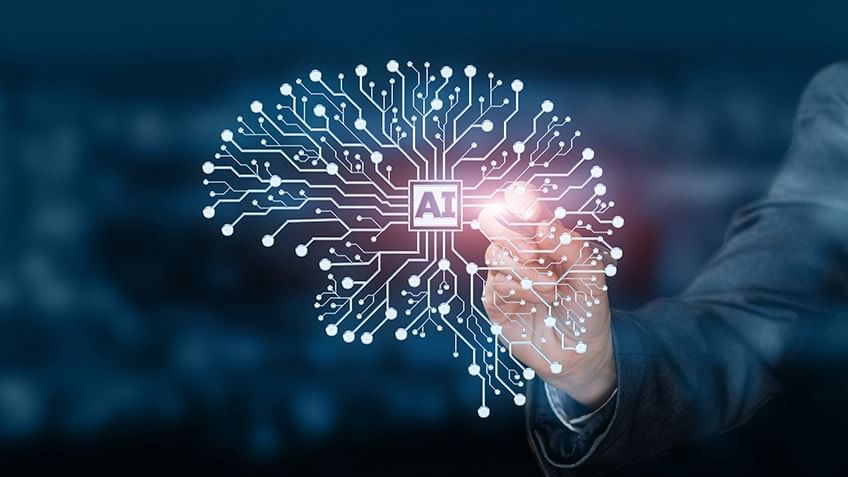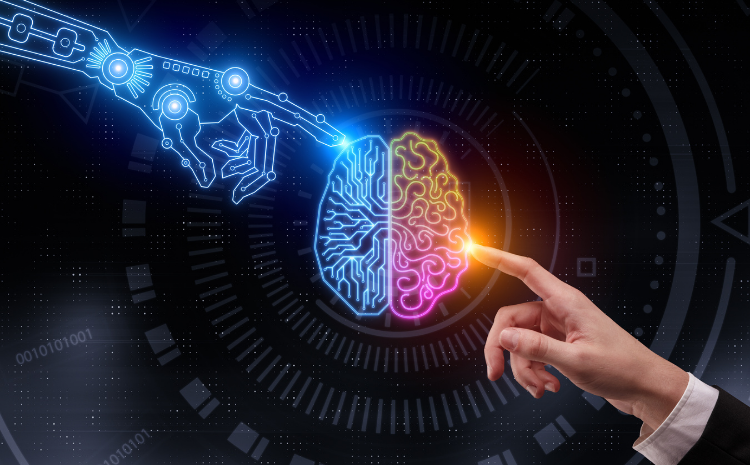Artificial Intelligence: The Good, the Bad, and the Future
Artificial intelligence (AI) is a branch of computer science that deals with the creation of intelligent agents, which are systems that can reason, learn, and act autonomously. AI research has been highly successful in developing effective techniques for solving a wide range of problems, from game playing to medical diagnosis.
What is AI?
AI is a broad field of study that encompasses many different approaches to creating intelligent machines. Some of the most common approaches include:
- Rule-based systems: These systems use a set of predefined rules to make decisions.
- Machine learning: These systems learn from data to improve their performance over time.
- Deep learning: A type of machine learning that uses artificial neural networks to learn complex patterns from data.
How is AI used today?
AI is used in a wide variety of applications today, including:
- Self-driving cars: AI is used to power the self-driving features in cars, such as lane keeping and adaptive cruise control.
- Virtual assistants: AI is used to power virtual assistants like Siri and Alexa, which can understand and respond to natural language queries.
- Medical diagnosis: AI is used to develop systems that can help doctors diagnose diseases and recommend treatments.
- Fraud detection: AI is used to develop systems that can detect fraudulent transactions and other types of fraud.
- Product recommendations: AI is used to develop systems that can recommend products to customers based on their past purchase history and other factors.
What are the benefits of AI?
AI has the potential to revolutionize many industries and aspects of our lives. Some of the benefits of AI include:
- Increased productivity: AI can automate many tasks that are currently performed by humans, freeing up our time for more creative and productive endeavors.
- Improved decision-making: AI can help us make better decisions by analyzing large amounts of data and identifying patterns that we might not be able to see.
- New products and services: AI can be used to develop new products and services that were not possible before. For example, AI-powered virtual assistants can provide us with personalized assistance and recommendations.
- Solved global problems: AI can be used to solve global problems such as climate change and poverty.
What are the challenges of AI?
While AI has the potential to bring many benefits, there are also some challenges that need to be addressed. Some of the challenges of AI include:
- Bias: AI systems can be biased, reflecting the biases of the data they are trained on. This can lead to discrimination and other negative consequences.
- Safety: AI systems need to be safe and reliable. If an AI system fails, it could have serious consequences.
- Control: AI systems need to be controlled by humans. We need to ensure that AI systems are aligned with our values and that they do not pose a threat to humanity.
What does the future hold for AI?
AI is a rapidly developing field, and it is difficult to predict what the future holds. However, it is clear that AI will play an increasingly important role in our lives in the years to come.
Conclusion
AI is a powerful technology with the potential to revolutionize many industries and aspects of our lives. However, it is important to be aware of the challenges of AI and to take steps to address them. By working together, we can ensure that AI is used for good and that it benefits all of humanity.









Comments
Post a Comment